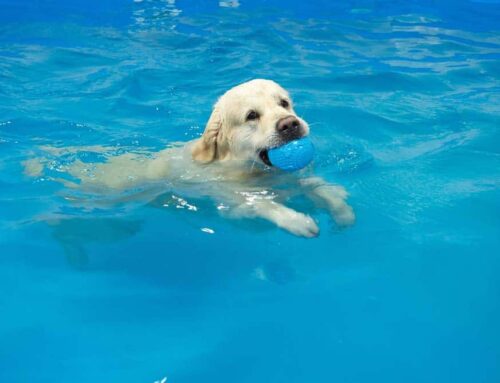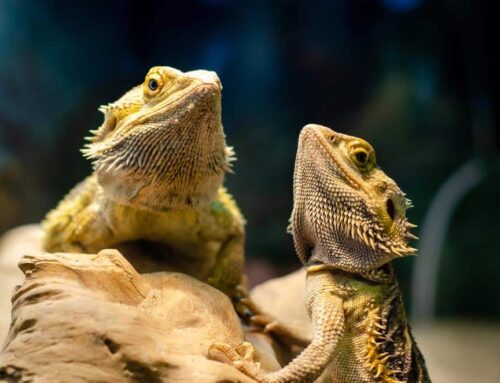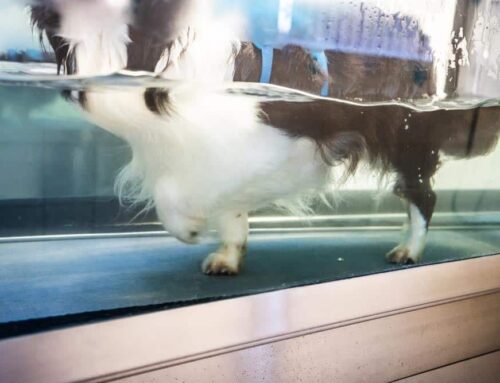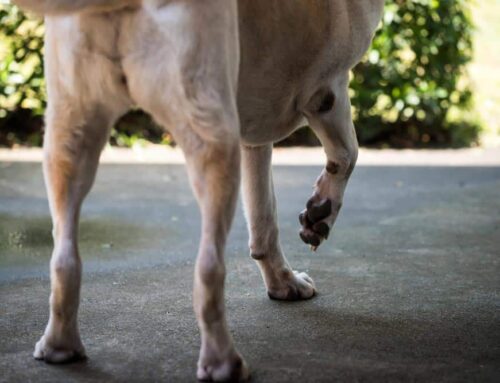Adopting an exotic pet can be a daunting prospect, especially as there are so many factors to consider, ranging from handling and housing requirements to licences and maintenance. Exotic pets listed on the NSW Native Animal Keeper’s Species List include, but are not limited to, bearded dragons, the long-billed black cockatoo, and the pigmy python. These species, which are native to Australia, are essential for protecting our ecosystems.
It’s vital to understand all of the factors listed above before adopting an exotic pet to ensure they get the care they deserve, so let’s take a closer look at these below.
Handling
Using proper handling techniques is important for your pet’s welfare. For example, birds should never be picked up by the wings, legs or tail. The exact handling requirements for your exotic animal can be researched online, and it’s important for you to understand these thoroughly before adopting one.
Housing Requirements
Some exotic pets, such as reptiles and amphibians, will have specialised housing requirements, as they need a certain temperature to mimic their natural habitats. For bearded dragons, you’ll need to invest in a ventilated, screened tank with UVB lighting, a basking rock and shallow water bowl heat lamp. For snakes, a heat lamp would also be required to ensure their enclosure is at a suitable temperature, but there should also be a cool spot so they don’t overheat. Different species require different temperatures to be sure to find the climate temperature suitable for your reptile. For birds, make sure their enclosures are well-ventilated and keep them away from wires, glass and small items of plastic as they do like to chew on these.
The size of your exotic pet’s housing should also be considered. Bird cages should be at least three times the length of their wingspan and long enough to enable them to flap their wings twice. The same applies to reptiles and amphibians; a 120cm long aquarium is the minimum size suitable for an adult bearded dragon.
Bear in mind as well that some animals are solitary while others will need to live in groups. Think carefully about whether your exotic pet is suited to indoor or outdoor living too. All of these factors will have to be considered carefully as they can affect the size of the enclosure you need to buy.
Licences
You’ll need to obtain a biodiversity conservation licence before adopting most exotic pets, except for some native birds, such as budgerigars. The specific licence needed depends on the type of animal you adopt, as there are reptile, frog and mammal keeper licences, and these can vary based on the species and the number of animals you want to keep.
All licences can be applied for via the NSW Government’s website.
Care
It’s important to check that there is a pet shop near you that sells the food and maintenance items your exotic pet will need. This can range from live insects to vitamins and minerals. If you don’t live close to one and it isn’t convenient for you to travel regularly to get the items you require, then you might want to reconsider adopting an exotic pet. You will also need to find a veterinary practice near you that will be able to treat your specific species.
If you’re looking for a veterinary hospital in Illawarra, or you have any questions about looking after an exotic pet, then contact us at Illawarra Animal Hospital today.





